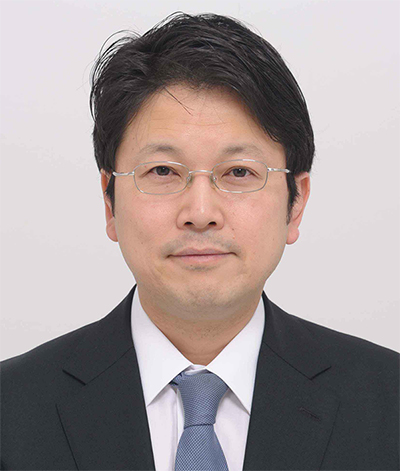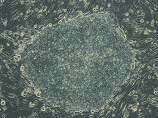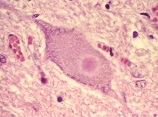
Research Activities
Research Activities
Principal Investigators
Dept. of Cell Growth and Differentiation
Haruhisa Inoue (Deputy Director & Professor)

Haruhisa Inoue M.D., Ph.D.
Research Overview
With the advent of a hyper-aging society, the number of people with neurological intractable diseases and dementia is rapidly increasing. In these diseases, including amyotrophic lateral sclerosis (ALS) and Alzheimer's disease, the neurological symptoms are progressive, and no curative treatment has yet been established to completely halt their progression and eliminate them. Induced pluripotent stem cells (iPS cells), which were created in mice in 2006 and in humans in 2007, and the technology to create them have become fundamental technologies that are applied not only in basic research but also in a wide range of fields including medicine. In the area of intractable neurological diseases, where it is difficult to culture living cells derived from biopsy specimens or autopsy tissue, patient-derived iPS cells are used for "micro medicine" including disease modeling, drug screening, and identification of therapeutic target molecules and therapeutic drug candidates.
Clinical trials are currently underway to explore and verify the efficacy and safety of therapeutic drug candidates identified using disease models constructed with iPS cells. The use of patient iPS cells in research may clarify the characteristics of a group of patients based on the efficacy of a candidate drug, thereby increasing the success ratio of clinical trials. Conversely, iPS cells are also being used for "macro medicine" including biomarker research as an indicator of treatment efficacy and its prediction, such as analyzing the mechanism of efficacy in groups of patients who are particularly responsive to a drug, or searching for the causes of different responses to drugs even in the same disease group. Micro- and macro-medicine using iPS cells are closely linked, and the application of iPS cells in the medical field is expected to enter a new phase as the convergence with advancing technologies that will develop innovatively progresses in the future.
In our laboratory, iPS cells are used for "Bedside to Dish" and "Dish to Bedside" to establish curative treatments for intractable neurological diseases.
| iPS cells derived from ALS (Amyotrophic Lateral Sclerosis) patients |

|
|
Inclusion body in ALS spinal motor neuron Credit: Dr. Hidefumi Ito, Department of Neurology, Wakayama Medical University |

|
























